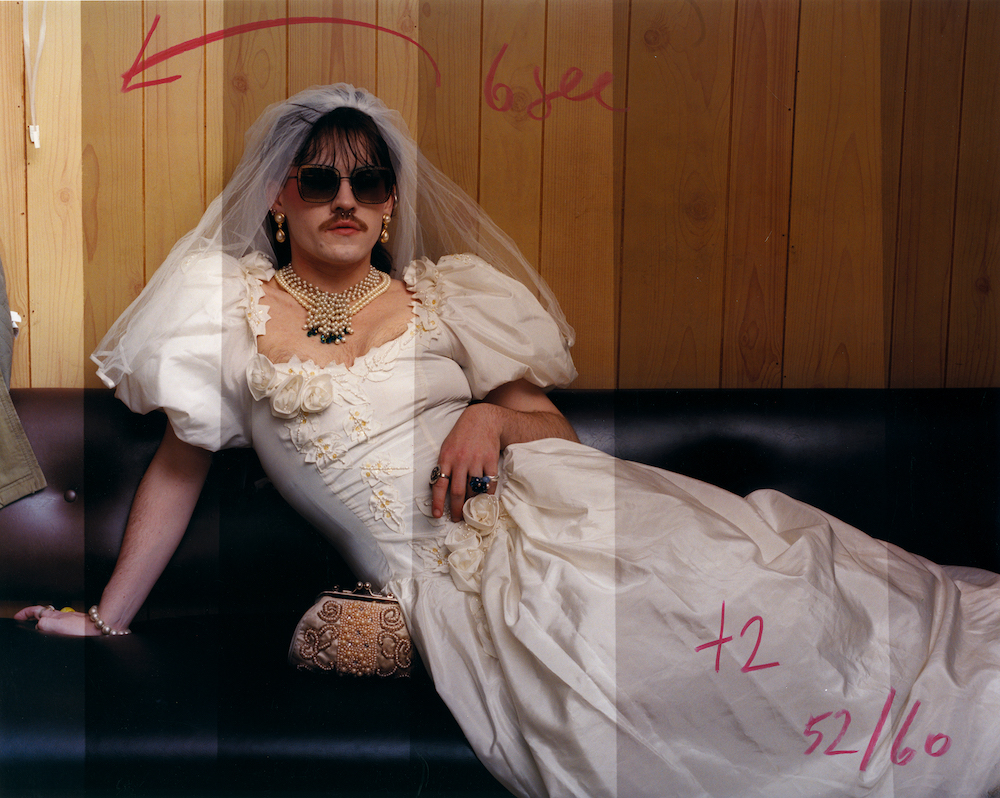
Two years since his dramatic separation from artistic partner Adam Broomberg, Oliver Chanarin reflects on collaboration, consent, and his new book
In February 2021, Spanish gallery Fabra i Coats mounted The Late Estate: Broomberg & Chanarin – an ostensibly posthumous exhibition celebrating the success of an artistic collaboration between Adam Broomberg and Oliver Chanarin which had lasted more than two decades, but was now coming to an end. “The duo have legally, economically, creatively, and conceptually committed suicide,” announced South Africa’s Goodman Gallery at the time. The ‘loss’ of the Deutsche Börse Photography Prize winners, and the subsequent display of their joint estate, prompted considerable discussion across the art world – including an obituary, of sorts, published on BJP’s website. Yet, over two years later, in a sunlit studio in east London, Chanarin sits before me, very much alive.
The photographer is here to discuss his new book, A Perfect Sentence, but the creative “suicide” of his partnership hovers pointedly at the edges of our conversation. Eventually, I have to ask – how does he feel about the breakdown of the relationship and, on reflection, would he describe its demise in the same terms today? “Well,” he replies, slowly, “suicide is a decision, and I don’t think we made a decision – the partnership collapsed.”
This frank description is mirrored in the text of A Perfect Sentence. In a lengthy, meandering and insightful essay, Chanarin likens the professional divorce to two small brain cells which, each starved of oxygen, eventually wither. “I didn’t know how to be a photographer anymore,” he says, with a surprising air of vulnerability. “How to make the work was truly a mystery to me, because I’d been existing within these boundaries.”
So, in early 2022, when Chanarin set out across the UK in search of collaborators to become part of A Perfect Sentence – a project inspired by the division surrounding Britain’s exit from the European Union, the pressure of Covid-19 lockdowns and the rise of identity politics – his aim was twofold. First, through a combination of instinct and curiosity, the photographer sought to leave behind the structured nature of his collaboration. Second, he hoped to escape the echo chambers of like-minded opinion within which so many of us can find ourselves trapped.



